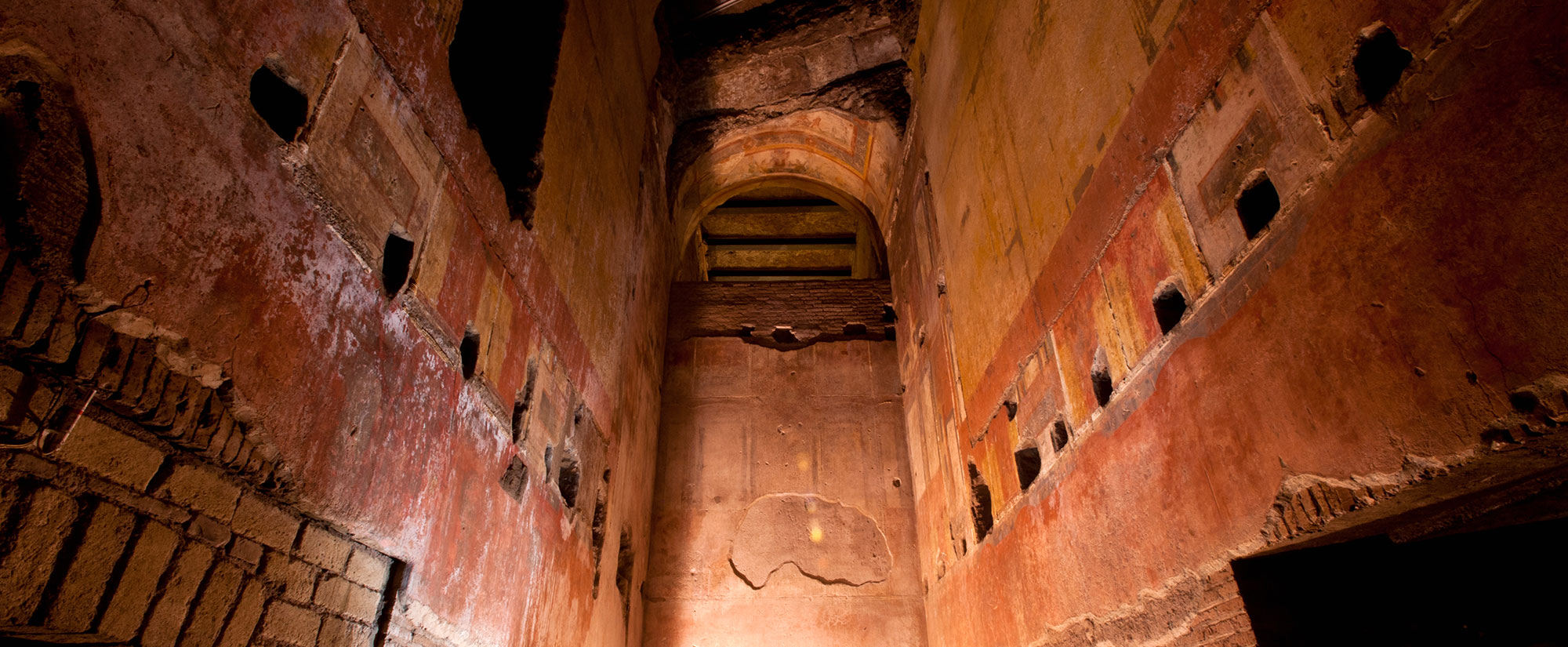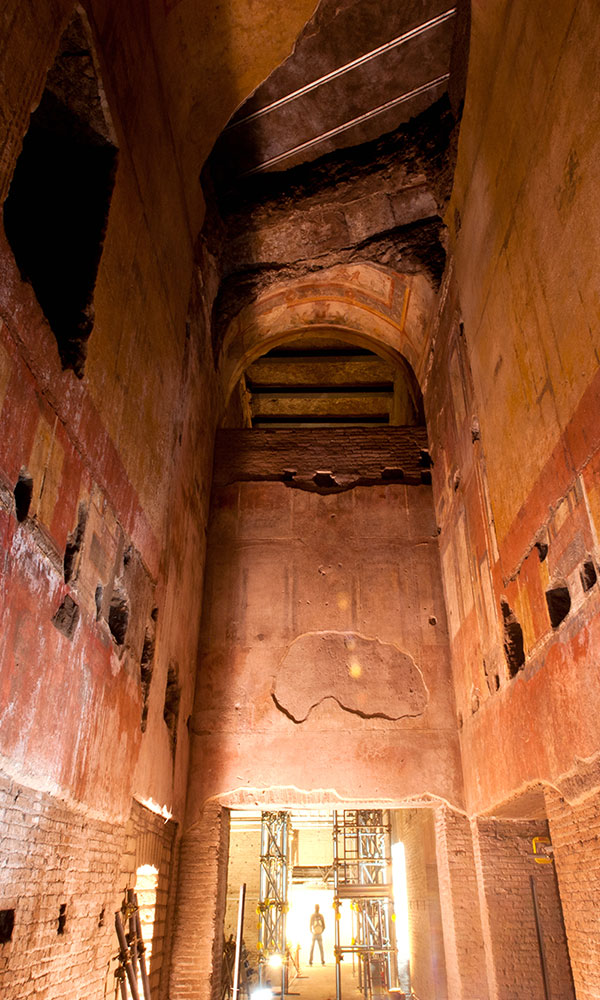MEXICO CITY, MEXICO—In 1520, a Spanish-led supply convoy that may have consisted of as many as 550 people, including Cubans of African and Indian descent, women, and Indian allies of the Spaniards, was captured and taken to a town inhabited by the Aztec-allied Texcocanos, or Acolhuas. The town is now known as Zultepec-Tecoaque, an archaeological site east of Mexico City. Excavations have uncovered carved clay figurines of the invaders that the Texcocanos had symbolically decapitated. Human and animal bones with cut marks have also been found, indicating that the members of the convoy and their horses were actually sacrificed and eaten. The pigs, however, were killed and left whole. The townspeople hid the remains of the convoy in shallow wells and abandoned the town. “They heard that [Cortes] was coming for them, and what they did was hide everything. If they hadn’t done that, we wouldn’t have found these things,” government archaeologist Enrique Martinez told the Associated Press. Spanish conquistador Hernan Cortes conquered the Aztecs the following year. To read more, go to "Under Mexico City."
Remains of Conquistador Convoy Found in Mexico
News October 9, 2015
Recommended Articles
Artifacts July/August 2025
Maya Ceramic Figurine
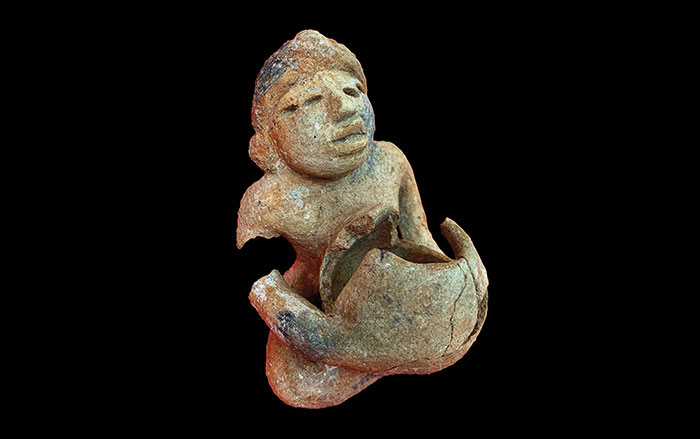
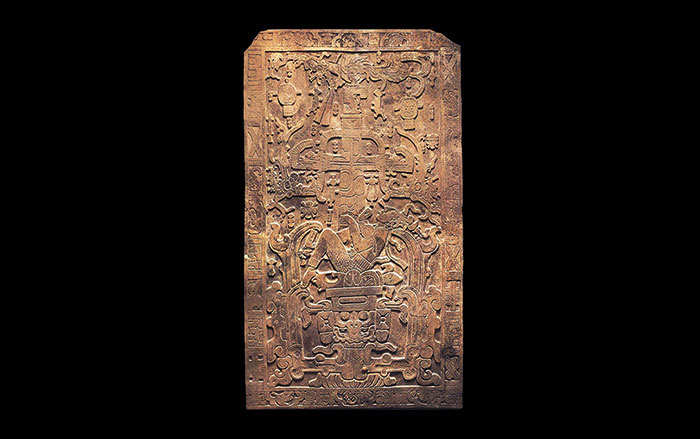
Off the Grid January/February 2025
Tzintzuntzan, Mexico
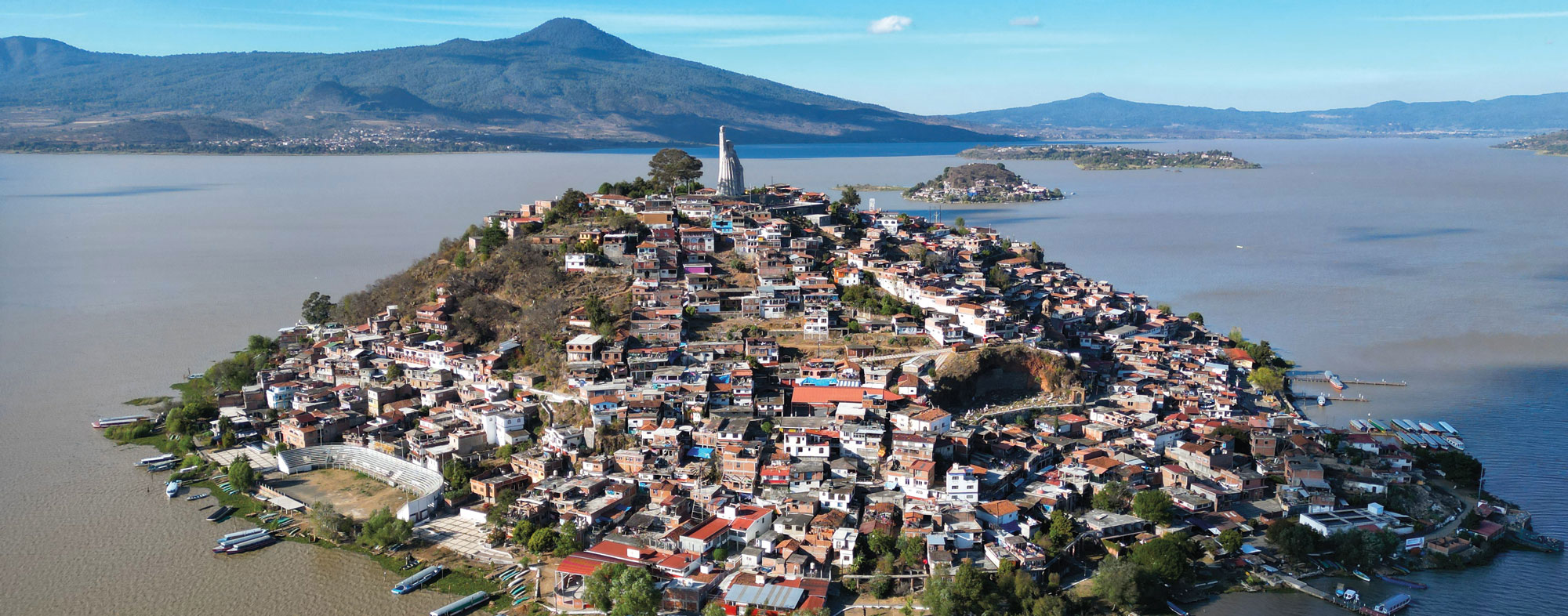
Digs & Discoveries November/December 2024
Matchbox Memories
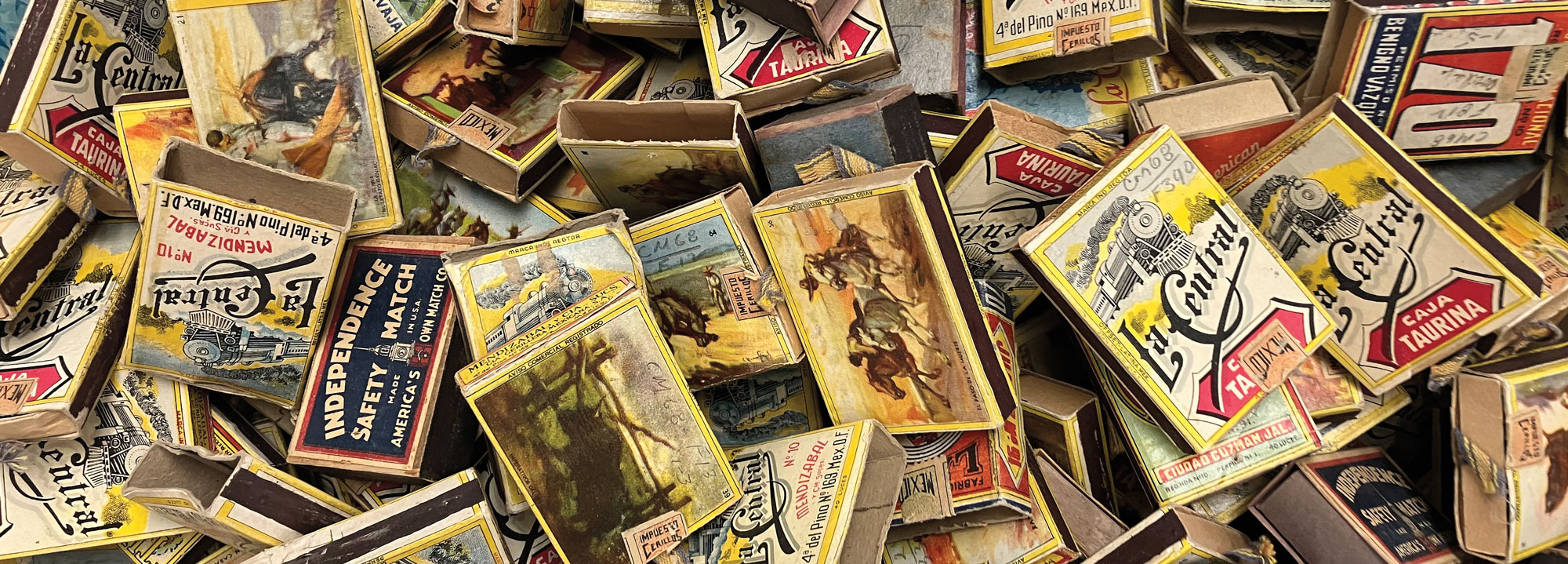
-
Features September/October 2015
New York's Original Seaport
Traces of the city’s earliest beginnings as an economic and trading powerhouse lie just beneath the streets of South Street Seaport
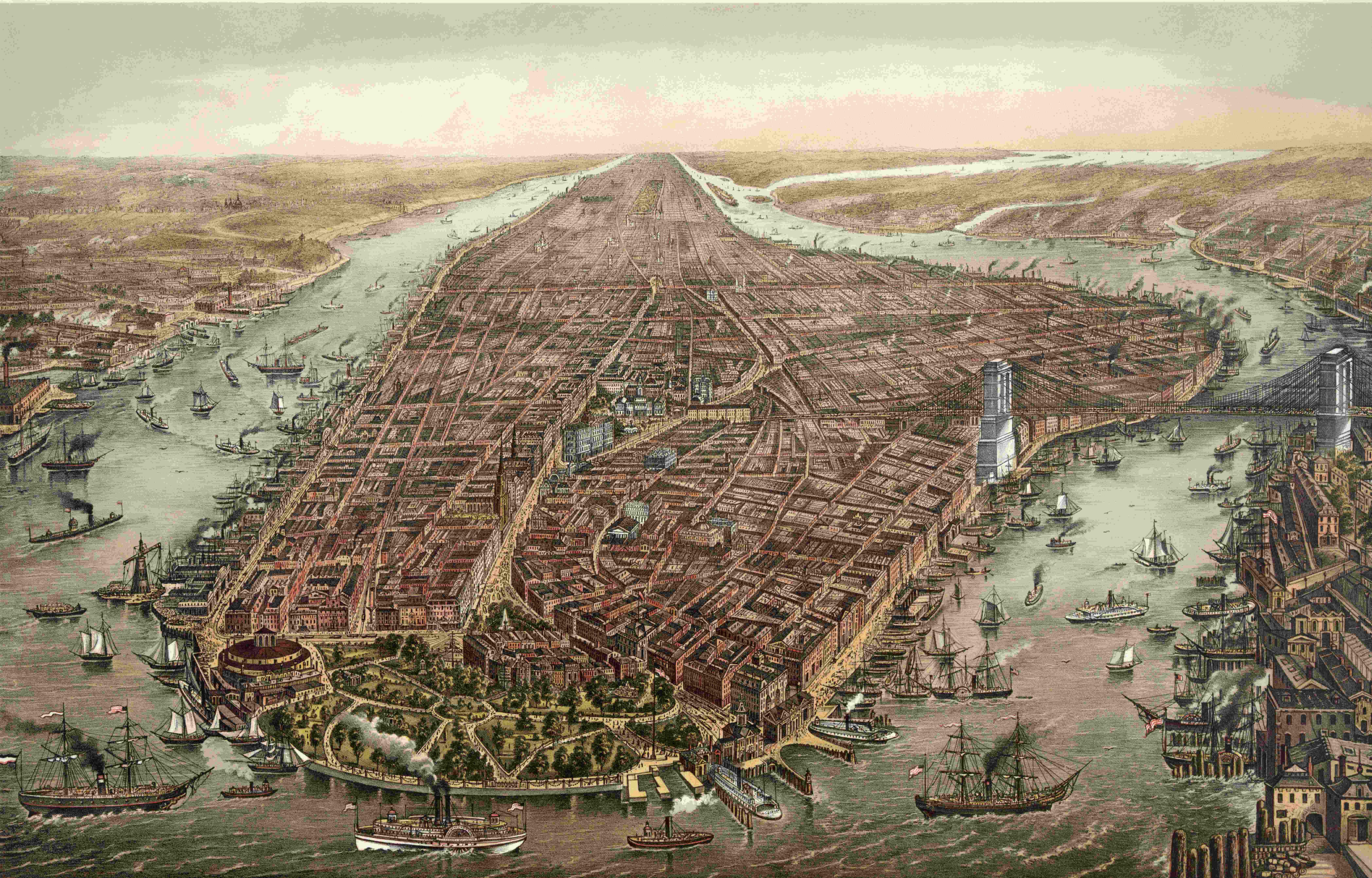 (Library of Congress)
(Library of Congress) -
Features September/October 2015
Cultural Revival
Excavations near a Yup’ik village in Alaska are helping its people reconnect with the epic stories and practices of their ancestors
 (Courtesy Charlotta Hillerdal, University of Aberdeen)
(Courtesy Charlotta Hillerdal, University of Aberdeen) -
Letter from England September/October 2015
Writing on the Church Wall
Graffiti from the Middle Ages provides insight into personal expressions of faith in medieval England
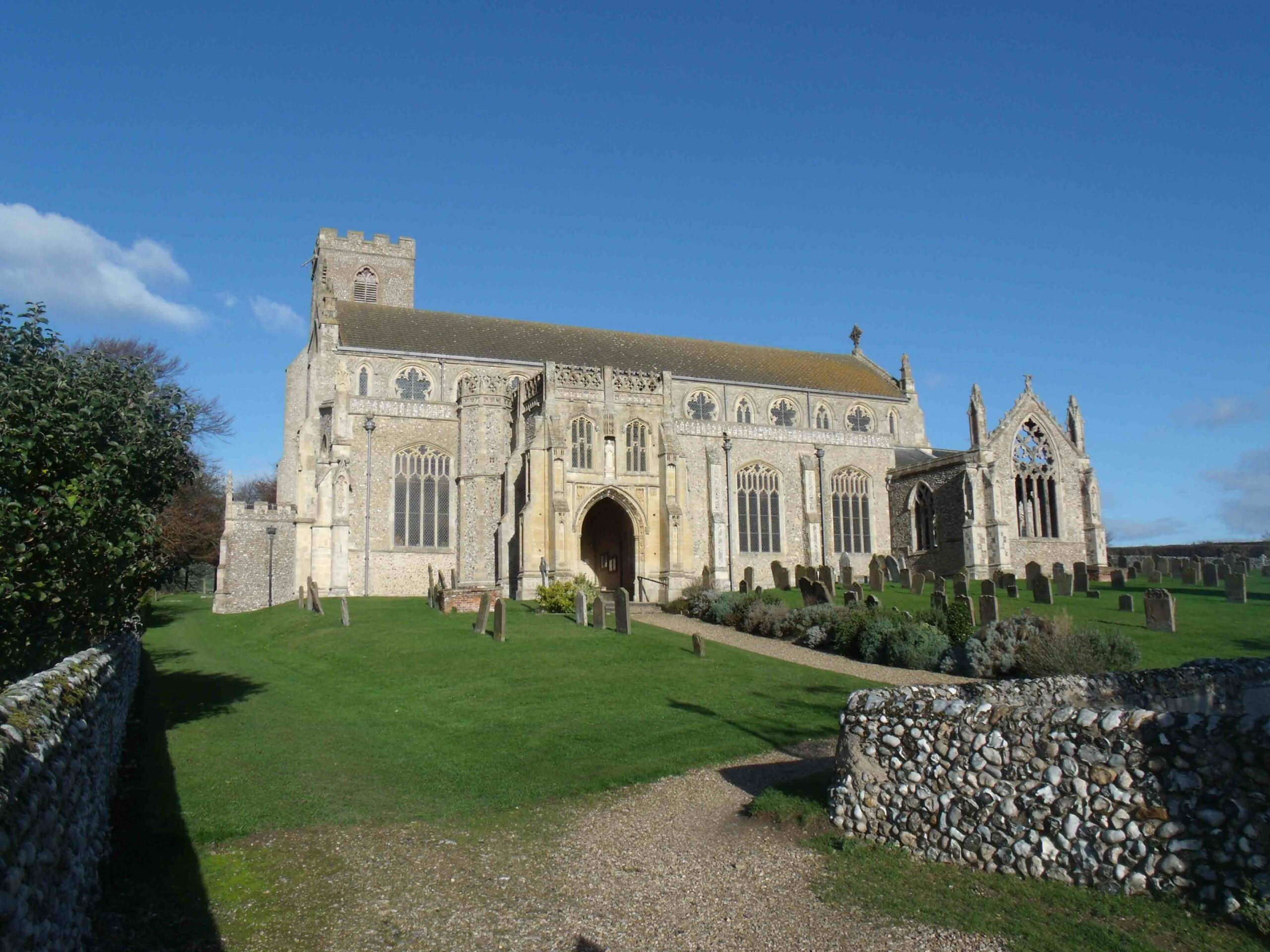
-
Artifacts September/October 2015
Corner Beam Cover
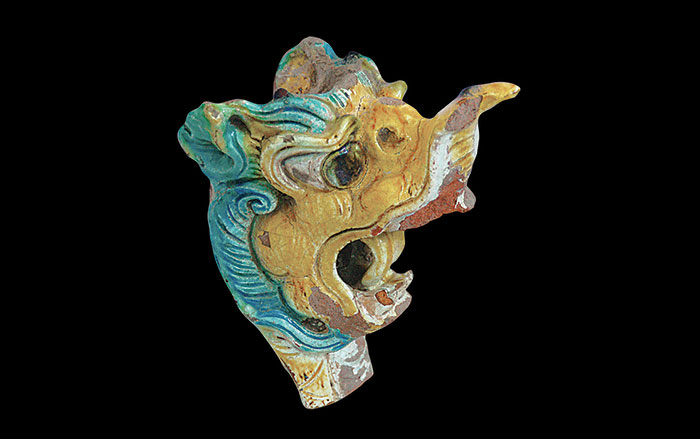 (Courtesy Chinese Cultural Relics)
(Courtesy Chinese Cultural Relics)


